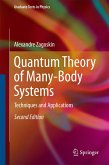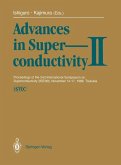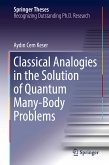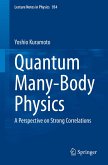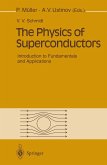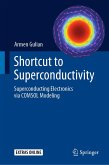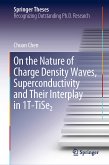The book explores in detail selected topics in quantum spin systems and lattice electron systems, namely, long-range order and spontaneous symmetry breaking in the antiferromagnetic Heisenberg model in two or higher dimensions (Part I), the Haldane phenomenon in antiferromagnetic quantum spin chains and related topics in topological phases of quantum matter (Part II), and the origin of magnetism in various versions of the Hubbard model (Part III). Each of these topics represents certain nontrivial phenomena or features that are invariably encountered in a variety of quantum many-body systems, including quantum field theory, condensed matter systems, cold atoms, and artificial quantum systems designed for future quantum computers. The book's main focus is on universal properties of quantum many-body systems.
The book includes roughly 50 problems with detailed solutions. The reader only requires elementary linear algebra and calculus to comprehend the material and work through the problems. Given its scope and format, the book is suitable both for self-study and as a textbook for graduate or advanced undergraduate classes.
Dieser Download kann aus rechtlichen Gründen nur mit Rechnungsadresse in A, B, BG, CY, CZ, D, DK, EW, E, FIN, F, GR, HR, H, IRL, I, LT, L, LR, M, NL, PL, P, R, S, SLO, SK ausgeliefert werden.



